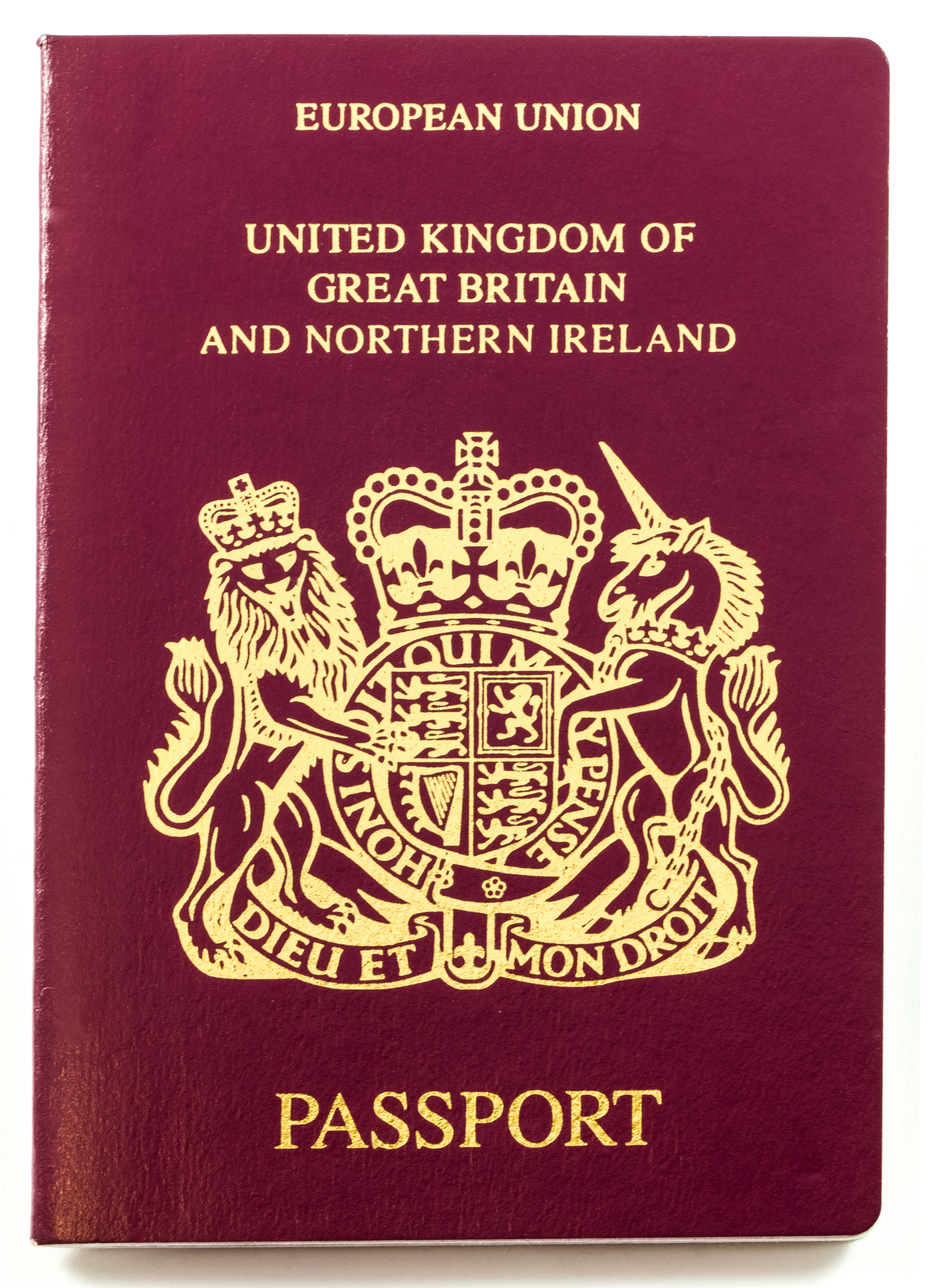Travel Guidelines for British Visitors to Europe Post-Brexit
More than four years after the United Kingdom voted to leave the European Union, the final details of the agreement are still being ironed out. Previously, British travelers hardly had to think twice about crossing into the Continent, but Brexit and the ongoing pandemic have created significant uncertainty around travel.
As the UK exits the EU, it will be subject to travel restrictions due to regulations aimed at combating COVID-19. This has led to widespread media reports suggesting that travel from the UK to the EU may be banned starting January 1. However, the Association of British Travel Agents (ABTA) clarifies that “this overstates things somewhat, as EU-wide guidance on travel and coronavirus is just a recommendation.” Mark Tanzer, Chief Executive of ABTA stated, “individual EU countries can implement their own measures, considering options such as travel corridors and testing, and it will still be some weeks before the full position is known.”

If the UK exits the EU by December 31 without a deal, the European Commission has revealed contingency measures that would allow reciprocal UK-EU air travel to continue for six months. Therefore, a blanket travel ban appears unlikely at this time. However, with the pandemic still affecting Europe and the UK, travel restrictions will be continually reviewed. A UK government spokesperson stated, “we take a scientific, risk-based approach to health measures at the border, and it is certainly in the interests of all countries to allow safe international travel as we emerge from the pandemic.”
British travelers can anticipate certain guidelines regarding what they can expect when visiting Europe after Brexit, provided infection rates decline significantly and non-essential travel bans are lifted. The new rules apply to British visitors to the EU, as well as Switzerland, Norway, Iceland, and Liechtenstein. However, not all requirements are necessary for travel to Ireland. The UK government has indicated that additional changes may be announced before January, but here are the current main points of guidance. British visitors who do not meet these requirements may be refused entry.
Key Guidelines for British Travelers
1. Passports Must Be Valid for at Least Six Months
From January, British travelers must ensure their passports have a minimum of six months validity remaining when visiting Europe. Those with passports that have less than six months must renew them prior to traveling. This requirement is exempt for Ireland, where passports must be valid for the duration of the visit.

2. Passports Must Have Been Issued Within the Last 10 Years
British passports issued over ten years ago must be renewed prior to traveling to Europe, even if they have more than six months remaining until expiration. Due to delays stemming from the coronavirus pandemic and the approaching Brexit deadline, passport renewals may be taking longer than expected.
3. Secure Travel Insurance that Covers Healthcare
Previously, British travelers could obtain free European Health Insurance Cards (EHIC) online, which granted them rights to state healthcare free or at a reduced rate in Europe. These cards will expire at the end of 2020, regardless of the expiration date printed on the card. EHIC covered visitors with pre-existing conditions; however, third-party travel insurers often do not cover these situations.

4. Pets Traveling Within the EU Must Have an Animal Health Card
The existing pet passport scheme allowed relatively seamless travel; however, starting in 2021, a pet traveling to the EU will need an Animal Health Card (AHC) instead. The AHC, issued by an accredited vet, is valid for ten days following the date of issue for entry into the EU. This document will cover a pet for a single entry to the EU, onward travel within the EU for up to four months, and re-entry to the UK for four months following the date of issuance. To apply for an AHC, pet owners must provide proof of their pet’s microchipping date, vaccination history, and successful rabies antibody blood test results.
5. Business Travelers May Require Visas
British visitors to Europe can stay as tourists for up to 90 days within a six-month period. However, travelers visiting for business, permanent work, or study will require visas, which are determined by each respective country. Furthermore, even temporary tourists might face additional requirements, such as proof of return tickets and financial means to cover the duration of their stay. Additionally, travelers holding UK passports will no longer have access to EU passport gates or customs lanes.
6. More Details Awaiting Resolution
As 2021 approaches, a number of travel-specific details are still to be fully determined. No charges currently apply for mobile phone roaming between the UK and Europe. Network operators, including Vodafone, O2, and Three, have indicated they will continue to offer the service, yet they have not confirmed the details. The government has mentioned a cap on roaming charges set at £45; however, charges may still exceed that limit. Furthermore, drivers may need an international driving permit for certain countries (available through the Post Office for £5.50), and if you plan to drive your own vehicle, a ‘green card’ acting as proof of insurance may also be required.
This article was first published on July 28 and updated on December 15, 2020.




